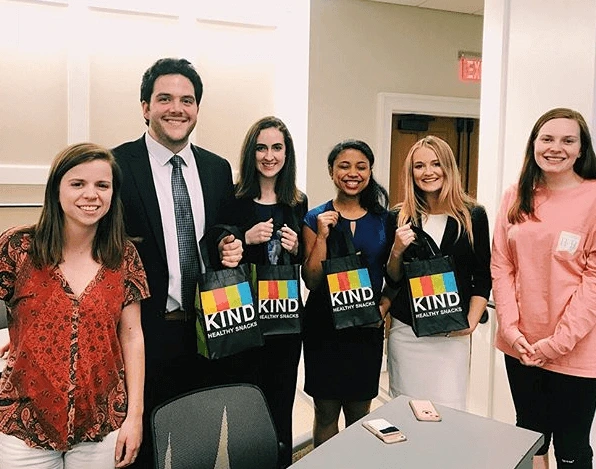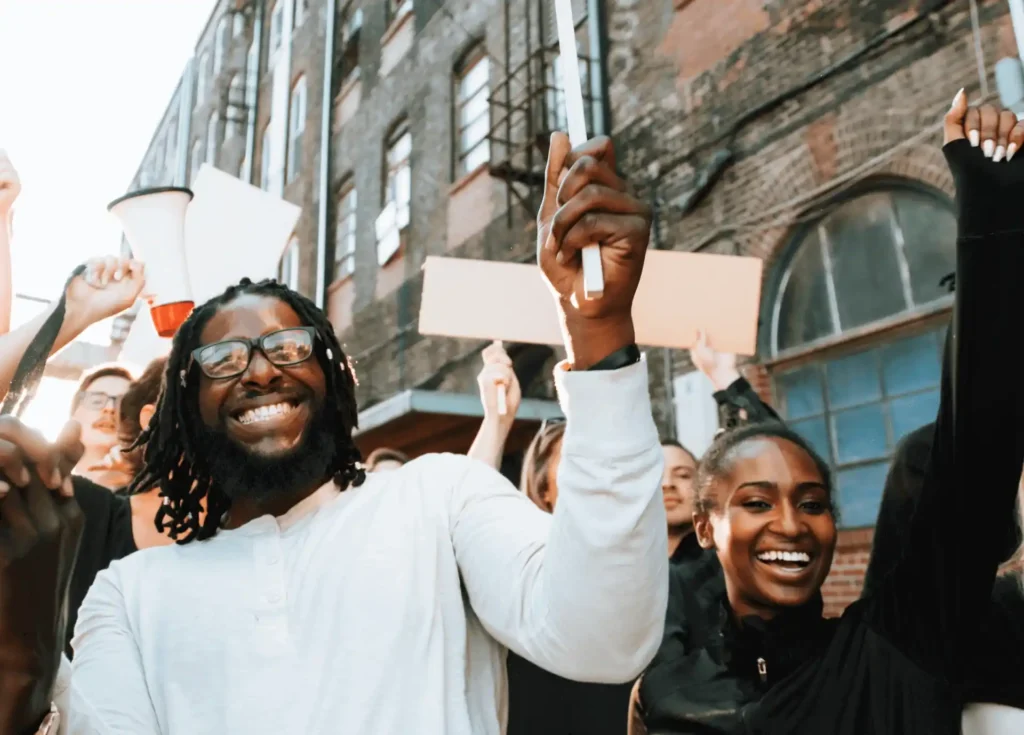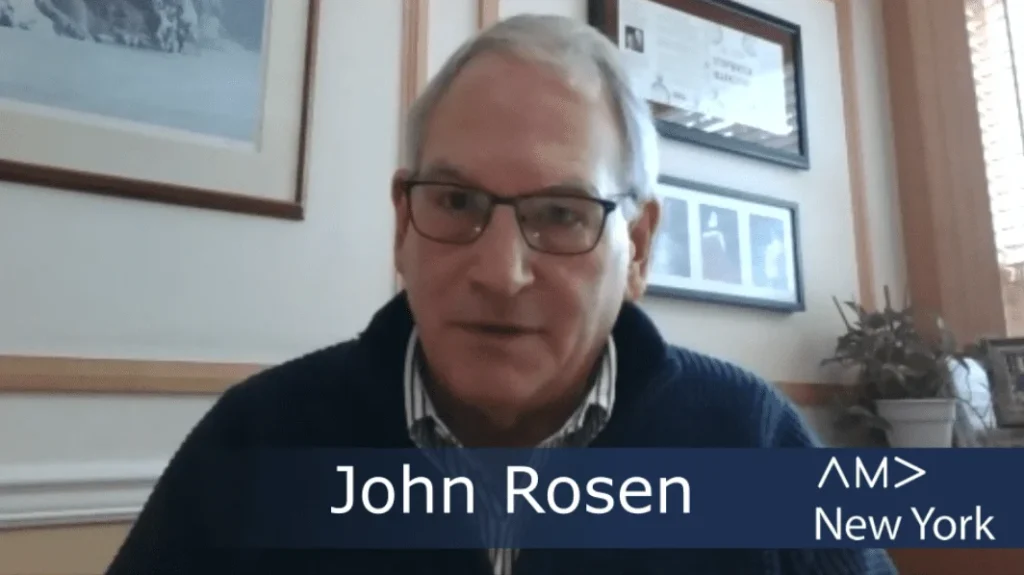What happens when #GameStop becomes #GameStonk? What should marketers do if their brand suddenly becomes a #memestock in the middle of short selling rebellion? In the week GME stock hit all-time highs, leaving Melvin Capital reeling, and a dozen additional well-known brands in a short sell publicity blizzard, the American Marketing Association New York sought out expertise.
Brands like GameStop and Bed Bath & Beyond have been completely silent, despite being in the headlines. Is this the right strategy? Are they missing an opportunity?
We spoke with John Rosen, Executive Director of the brand consultancy MCAWorks. He has decades of experience helping firms build value and build brands across a range of industries. What is a brand making financial headlines to do when it comes to marketing?
TRANSCRIPT:
Lisa Merriam:
00:02 Brands like GameStop, Nokia, and Bed Bath & Beyond are caught in a blizzard of publicity, stuck between hedge fund short sellers and Reddit WallStreetBets individual investors.
00:13 What’s a brand to do? The American Marketing Association New York reached out for some expertise.
John Rosen:
00:21The primary regulatory philosophy is that if you’re in a position of power, if you’re the CEO or something of a company, you cannot engage in publicity efforts to pump up the price of stock.
00:40 And that is for good reasons. You probably own a lot of it. Your compensation is tied to stock price performance. So you’re not allowed to provide anything other than the facts; here’s our sales, revenue, profits, and stuff like that.
01:01 If you are engaged in pumping up—that is literally the term they use—the stock price you could be personally liable and that that certainly wouldn’t be any fun.
01:14 Brand leaders should probably acknowledge the headlines. They should use this as an opportunity to get the message out.
01:18 The message should be: We are not obsessed with what’s going on in the stock market. We are obsessed with taking care of you, our customer. And that’s why we’re not obsessed with what’s going on in the stock market.
01:32 Our brand has always been about blank—whatever the company is. And our brand still is about fill in the blank. And we’re going to continue to try to serve you.
01:43 Branding is about taking care of you, our customer, not taking care of Wall Street.
01:49 GameStop is probably the best example, because I believe they’re slogan still is “Power to the Players”—people play games.
01:57 They can therefore say, what is going on Robin Hood, what is going on in the stock market, is about nothing other than that—what’s going on in the stock market.
02:11 Our mission is to give power to the players. If you want to play the stock market, that’s not us. If you want to play a game, we are the place to shop. We were that place before what happened on Wall Street. We are still that place today.
02:27 Is there a way for GameStop or some of these other companies to build into their long-term brand a bit of this as lore, as the part of the history of GameStop?
02:43 Yes, I can imagine a few years from now some sort of campaign that says: Remember when all anybody could talk about was our stock price and manipulations in the community on Reddit?
02:59 While all that was going on, we were building better assortments for our customers. We were building better stores. We’re still the best place to shop. We give power to the players.
Lisa Merriam:
03:10 Knowing what to do when your brand is caught in a storm? That’s Brilliance in Marketing.
















